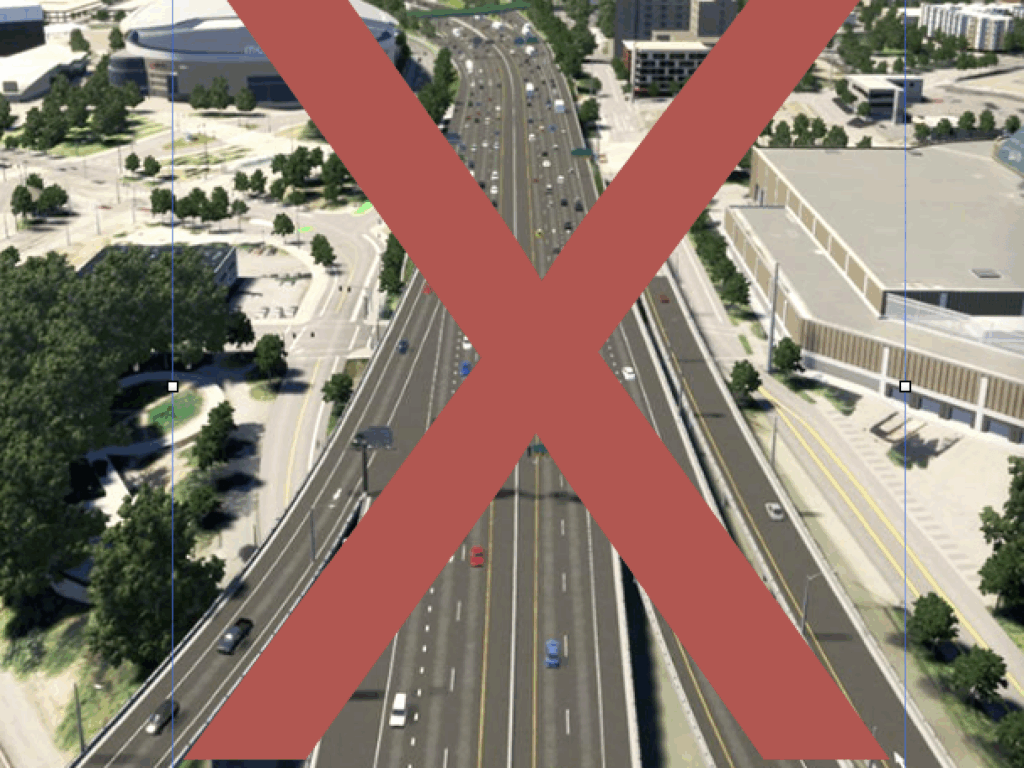The biggest challenge for creating great cities is imagination, not technology
There’s a definite technological determinism to how we approach future cities. Some combination of sensors, 5G Internet, sophisticated computing and a very centralized command infrastructure will inexorably lead to places that are somehow greener, more prosperous and just. Color us skeptical: the unbridled devotion to optimizing cities for technology has been (witness the automobile) an epic blunder.
Our view is that making great cities is about imagining the way we want to live in them, not chasing the latest technology. What makes a city a compelling and desirable place to live?
That’s an open-end, and debatable question. One big global corporation has, perhaps unwittingly, given us a very compelling vision of cities–and life. This vision comes from Samsung, the Korea-based technology company. They’ve been running a long form (60 second) television commercial called “A Perfect Day.” It follows the exploits of a half dozen kids–armed just with bikes, skateboards, and of course Samsung Galaxy smart phones–as they roam around New York City. There’s a lot going on here, so let’s see if we can’t unpack all the different, and in many ways radical narrative its proposing.
A Perfect Day
Samsung “A Perfect Day” from Dae Kang on Vimeo.
First of all, they are in a city. New York is front and center. This is not an anonymous or sanitized CG landscape. Its authentically and identifiably a city–a real city. And its shown from the perspective of actual humans experiencing it on the ground.
They are traveling by bike. The first scene of this micro-drama shows a platoon of cyclists (and one lagging skateboarder) set out in the morning, traveling in a marked bike lane on a residential street (in Queens or Brooklyn). They round a corner onto a busy arterial, and then ride across the Williamsburg bridge to Manhattan.
They are un-supervised by adults. The demographics of the group are just a little too perfect: teens and tweens, black, brown and white, boys and girls. But strikingly no adult authority figure is present. A parent calls only as dusk is falling (call answered via wrist-watch, naturally), only to be somewhat dismissively told “almost home,” with that message punctuated with a chorus of “Love you, Mom!” from the ensemble.
[table id=4 /]
They are hanging out in public spaces.They’re not in a den, a great room, a tech-laden suburban bedroom, or even a cosseted back yard. They’re on the streets of the big city. They’re taking their own 3D photos and then sharing their virtual reality headset with a complete stranger they meet on the street. They’re at a skatepark under another towering bridge. They spend the afternoon hanging out at a public pool.
They are having experiences. The kids are recording and sharing their experiences with their Samsung devices. But in every case, the technology is incidental or subservient to the experience.
So here, in a nutshell, we have something that actually resembles a compelling future vision of cities. It includes technology, a little. But it isn’t about autonomous self-driving cars, or about side-walk internet kiosks or ubiquitous electronic surveillance.
Our vision of cities ought to be about the joy and wonder of the experiences we can have in them, not obsessing about the plumbing of moving people and stuff to and fro. For too long we’ve optimized our cities for the vehicles moving through them, rather than the people living in them. Samsung, or at least its creative agency, Weiden and Kennedy get this.
We’re not the only ones who were struck by this ad. Writing at her blog, Free Range Kids, Lenore Skenazy asked “What is this amazing Samsung ad trying to tell us?” The answer is pretty clear: If a city is a place where kids can roam and play, what else does it need to do?
Why narrative matters
In his Presidential Address to the American Economics Association two weeks ago, Nobelist Robert Shiller presented his thoughts on what he called “narrative economics.” Human beings are not the cold rational calculators they’re made out to be in traditional economic modeling. Instead, Shiller argued, human’s are hard-wired to visualize and understand the world through story-telling: We really ought to be called “Homo Narans.” That’s why getting the story right matters so much. If we have a story that centers on technology, vehicles and frenetic movement, we can remake our world in that image. If, instead, we have a story that embraces experience, and place and freedom, we’ll get a very different world.
It’s ultimately debatable whether Samsung’s version of “a perfect day” is one that everyone would agree with. But its an example of the kind of vision that might guide us, as we think about the kind of places we want to build. We should be deliberate in choosing our preferred narrative.
Note: This post has been revised to correct a broken link to the video.

